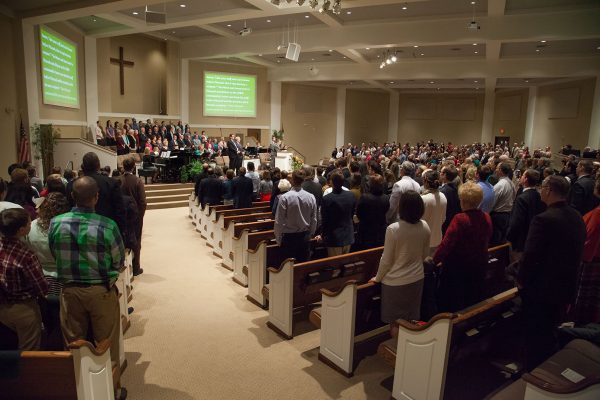My dad, Walton Webber Cushman, was an inventor. In his lifetime, he produced more creative concepts than could be understood, not to mention be assimilated by his contemporaries. With hundreds of U.S. and international patents to his credit, Dad knew what it meant to truly innovate in the world of industry. He invented guidable parachutes, engines, transmissions, ice breakers, all-terrain vehicles, residential furnaces and even a type of eyeglasses.
One of the lessons that I learned from my dad was the value of recognizing good ideas. He felt that if someone had a good idea, it would not get off the ground until another person recognized its merits and supported the idea. Dad famously spoke about inventions like the ballpoint pen, invented by László Bíró in the 1930s. This revolutionary writing tool changed the way that people communicated in print material, yet it was not until the mid or late 1940s that Milton Reynolds, a businessman from Chicago, supported the idea, putting it into production for the American public. So a really good idea—some say the most successful invention of all time—sat dormant for a number of years until another person recognized it as a good idea.
However, some ideas are not winners. Thomas Edison created a concrete piano early in the twentieth century, much due to his desire to get a piano in every American household. They would be cheap and virtually indestructible, but they sounded terrible. Thankfully, knowledgeable musicians pushed back against this bad idea.
My point here is directly related to missions in the 21st century. There are many ideas about how to complete the Great Commission that are being circulated and tested by missionaries, seminaries and mission agencies. Churches may or may not be aware of these approaches, but I think that it would be safe to say that they often do not have a leading role in deciding which ideas are good and which ones are bad.
For instance, some voices in the world of missiology are saying that since it is so expensive to send American missionaries to the fields of the world, we should rather seek out local believers in each culture and pay them instead to do the work. By this approach we could support half a dozen or so local workers for what it would take to support one American missionary.
Good idea or bad? If the church has not educated itself regarding this topic, how would it know? Since there is a significant volume of literature that has been written on this subject in the last 20 years, the church is culpable for not knowing about the issue. It is not my intent to answer this question that I just raised, but rather to challenge believers to engage in missions education.
What was the title of the last missions book that you read? Are you aware of what missiological trends are being discussed today? What are children hearing about missions in Sunday school? Do we have a strategic plan for our missions program in our church?
All of these questions point to the need for the church to educate itself in how to fulfill its role in completing the Great Commission. Of course, since you are reading this article, you have already demonstrated that you are doing this—evidently, I am “preaching to the choir”!
If you believe that the church owns the responsibility for accomplishing the Great Commission, then I think that you would agree that it should take the lead in missions. It follows, then, that it must educate itself. Good idea or bad?
This article was originally published on the CGO Blog.








